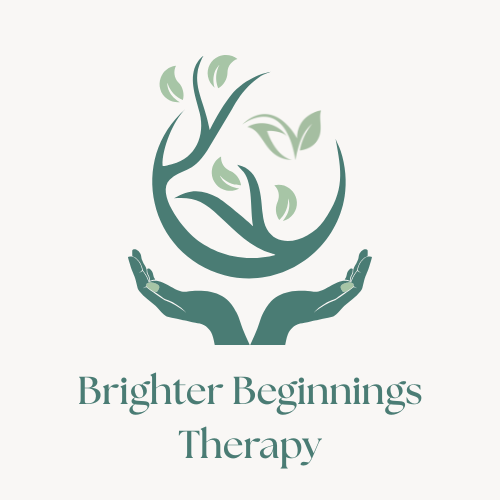You know that feeling that you’ve forgotten to lock the front door or switch the oven off?
That feeling in your gut that you’ve forgotten something really important?
When you’re in an abusive relationship with a partner or as part of a family dynamic then that is amplified. You have to be hypervigilant so you can anticipate the next move of the abuser. When you are constantly focusing on their needs and what might be coming next you start to forget other things.
Maybe you put the TV remote in the fridge (true story), forget to lock doors when you leave the house, forget the times of appointments, or even just keep re-reading the same line of a book over and over again.
I thought I was going mad or had early signs of a memory or brain disorder. Turns out I was traumatised. And I have to work really hard on my memory even still, 5 years later. I struggle to settle and read a book, I lose track of the plot and pages quickly. I have numerous paper and digital planners that I use to keep track of my private practice and my home life. I also still don’t fully trust that I have remembered everything which can give me anxiety if I don’t catch it quick enough.
I have stopped putting the TV remote in the fridge though.
My point is, that trauma and abuse can leave you distrustful of the world around you, distrustful of yourself and with brain fog. This is not you losing your mind, it is a symptom of trauma. Healing from trauma is an active process so there are still things I do daily to try and keep my memory ticking over.
- I rely heavily on my desk planner for appointments, client sessions and social stuff.
- I have a backup Google Calendar so I can quickly compare the two to make sure I haven’t missed anything, and this helps with the anxiety.
- I say out loud when I have done something I might want to remember so: “locked the door” or “unplugged the straighteners”.
- I spend 20 minutes daily playing word and number games to keep my brain ticking.
- I check with people that I trust (usually my son who has the most amazing memory) when I have moments where I doubt my memory.
- I am kind to myself when I feel anxious about my memory and I don’t berate myself when I have forgotten something, I just resolve to try harder with my planning to stay on track.
If you have suffered from narcissistic abuse and you are having memory problems, know that you are not alone and that you can learn to heal and find strategies to help improve your memory.
If you are ready to heal from narcissistic abuse and trauma and would like a therapist who can full empathise with some of what you may be experiencing then get in touch to arrange a free discovery call where we can chat about what you would like to achieve through counselling and how we can work together.
~ Lisa


